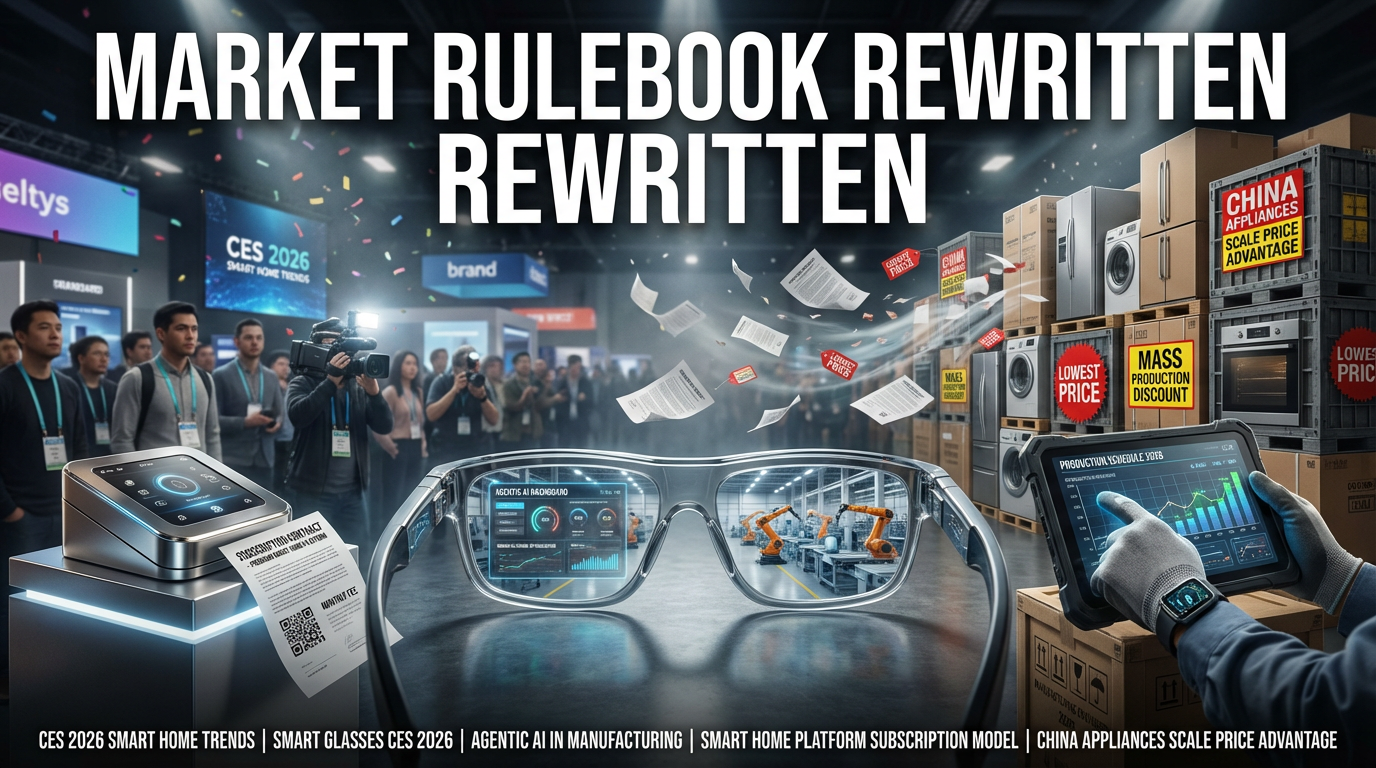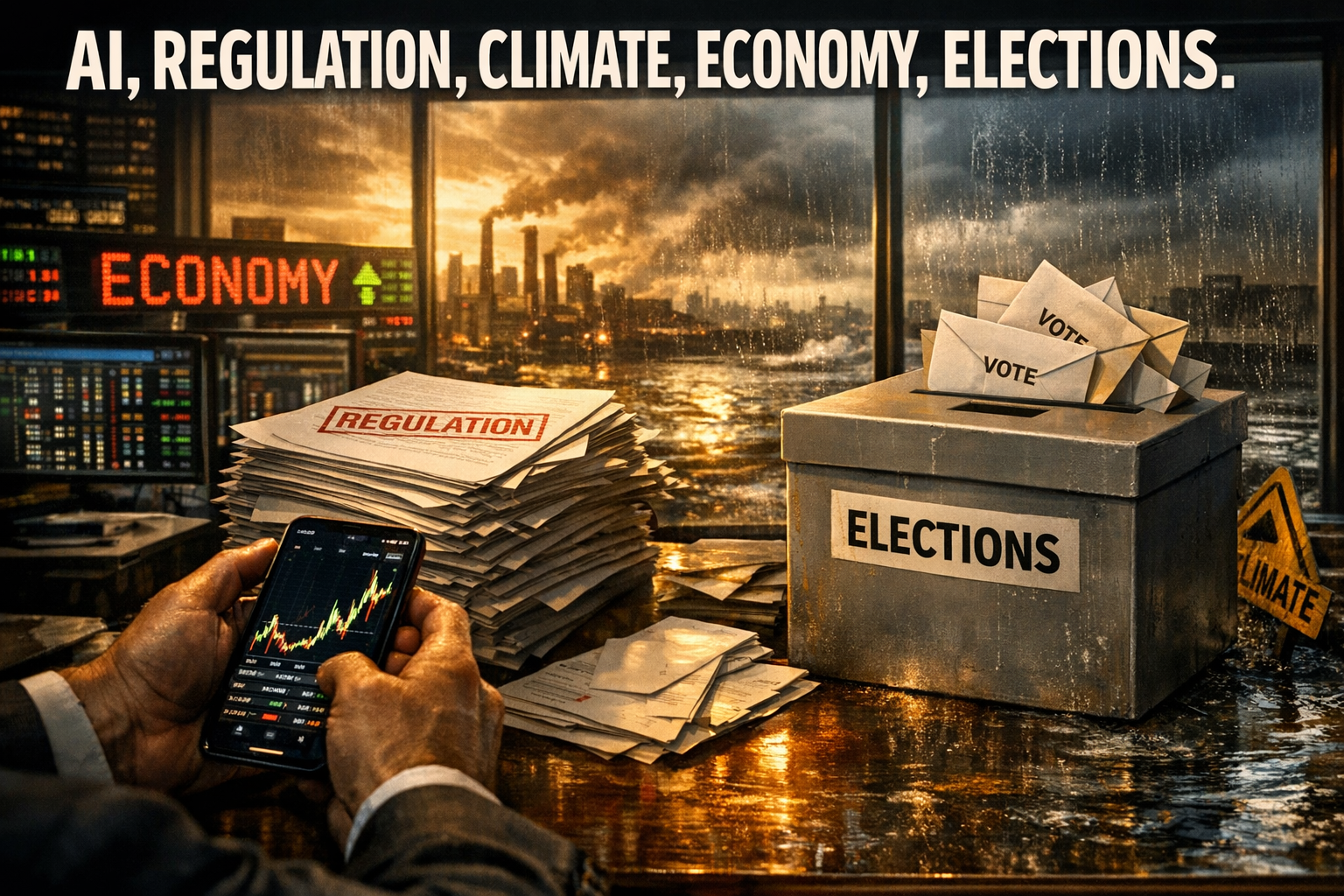1. David Tepper’s Investment Approach
- Massive Purchase of Chinese Stocks
Following the September FOMC, Tepper sold off US stocks and actively invested in Chinese equities. He bought extensively, covering a wide range of Chinese companies regardless of sector or specific stock.
Key investments: Pinduoduo, JD.com, and energy-related companies. - US-China Conflict Not Seen as a Major Risk
Tepper is confidently investing, trusting in the Chinese government’s strategy to expand market liquidity. He sees the Chinese government’s economic stimulus and direct liquidity injections as an opportunity. - Reduced US Stock Holdings, Decreased Big Tech Exposure
After making substantial profits (5x) from Nvidia, Tepper reduced his position by over 90%. Considering US stocks expensive and risky, he has shifted to Chinese stocks as an alternative.
2. Howard Marks’ Cautious Perspective
- Reason for Investing in China
Marks prefers cheaper stocks of less-than-great companies to expensive stocks of great companies. He views the current Chinese market as attractive due to its low valuations, even with its weak economic conditions. - Chinese Economic Recovery Indicators
He considers the number of housing starts and the resolution of real estate inventory issues as key variables. He focuses on the potential for improvement in these areas but doesn’t expect dramatic changes in the overall Chinese economy. - Defensive Approach to the US Market
Marks takes a defensive approach to US equities, noting that while the fundamentals are strong, prices are too high. He adheres to his principle of avoiding buying at inflated prices.
- Managing Risks in China
Acknowledges the high risks associated with investing in China and stresses the importance of stringent risk management, citing the example of Evergrande.
3. Global Perspective
- Neutral Country Investments in the Era of US-China Conflict
Howard Marks is keeping an eye on neutral countries (India, ASEAN, Middle Eastern nations) amidst the US-China tensions. David Tepper, while betting heavily on China, is also considering ways to minimize various risks. - Skepticism Towards US Stocks
Both investors believe US stocks (especially big tech) are overvalued. However, David Tepper still shows interest in US energy stocks, linking domestic industries and global AI demand, and holds positions in natural gas and nuclear-related equities.
4. Lessons for Investors
- David Tepper’s Risk-Taking Mentality
Tepper is unafraid of failure and consistently challenges and bets on key market trends. This boldness has driven his 25% annual growth. - Howard Marks’ Cautious Approach
Marks finds opportunities and generates profits in places everyone else avoids. Similar to his past distressed debt investments, he limits risk to manageable levels to ensure profitability.
Conclusion: Investment Strategies for China and a Global Outlook
- The two investors approach the Chinese market using contrasting strategies. Tepper prioritizes the opportunity of liquidity expansion, while Marks emphasizes the undervalued market.
- Strategic approaches, including risk management, and investment strategies suited to current global conditions (US-China tensions, easing monetary policies, etc.) are crucial.
- Crafted by Billy Yang
- [Related Articles at NextLens.Net]
*YouTube Source: [이효석아카데미]
– [먼슬리구루] 9월 FOMC 이후 ‘중국’ 관련 주식은 전부다 쓸어담고 있는 거장의 묵직한 조언 [2부-데이빗테퍼, 하워드막스]

Okay, here’s the English translation of the provided text, maintaining the same structure and formatting:
1. The Relationship Between Trump and Bitcoin
- Changes in the Republican Party’s Crypto Policy Under Trump
The Trump campaign is showing a positive view of Bitcoin, expressing a commitment to ensure freedom in cryptocurrency transactions.
This shift is also reflected within his family, as his sons are already involved in the DeFi (decentralized finance) industry and other cryptocurrency ventures. - Bitcoin’s Potential for Economic Transformation
Bitcoin is emerging as a strategic asset, leading to increased efforts to build a new financial system.
From a political standpoint, Bitcoin is also highly likely to be used as a tool to respond to global changes.
2. BlackRock and Real World Asset (RWA) Tokenization
- What is RWA?
RWA (Real World Asset) is a financial system that tokenizes physical assets, and BlackRock is actively adopting it.
For example, they are proposing a structure where users receive a fixed monthly interest through an asset token pegged to the dollar (Biri Token), without needing a traditional banking system. - Expected Benefits
Traditional financial products can be divided into smaller units and traded 24/7 anywhere in the world.
Small-scale investors can also gain easier access, significantly increasing the efficiency and accessibility of the financial system.
3. Stablecoins and the Traditional Banking System
- The Rise of Interest-Bearing Stablecoins
Interest-bearing stablecoins issued in regions like Latin America are gaining popularity. - Challenges to Traditional Finance
Financial activities, including remittances, can be carried out without a banking system, raising the possibility of the collapse of existing banking structures.
4. The Philosophical Meaning of Bitcoin
- A Tool to Solve Problems of Financial Capitalism
The existing system has caused income inequality and the monopolization of financial assets.
Bitcoin is an asset with a philosophical basis for resolving these side effects of the financial system and building a more equitable financial environment. - A Tool to Correct Social Injustices
Bitcoin is not just an investment target, but it’s also considered a revolutionary tool that can correct unfair economic structures and create a new financial order.
In Conclusion
Bitcoin is no longer just an investment asset, but has become a key tool for creating a new financial revolution and social change.
It is worth paying attention to what changes Bitcoin will bring to the future global financial system.
- Crafted by Billy Yang
- [Related Articles at NextLens.Net]
*YouTube Source: [경제 읽어주는 남자(김광석TV)]
– 금융 자본주의 뒤흔드는 코인 전략, RWA와 암호화폐가 만드는 새로운 부의 판도 | 경읽남과 토론합시다 | 홍익희 교수 4편

[Korean Summary]
[이효석아카데미]
“[먼슬리구루] 9월 FOMC 이후 ‘중국’ 관련 주식은 전부다 쓸어담고 있는 거장의 묵직한 조언 [2부-데이빗테퍼, 하워드막스]“
1. 데이비드 테퍼(David Tepper)의 투자 방식
- 중국 주식 대량 매수
9월 FMC 이후, 테퍼는 미국 주식을 매도하고 중국 주식에 적극적으로 투자. 특히 종목이나 섹터 상관없이 중국 기업이라면 광범위하게 매수.
주요 투자 종목: 핀둬둬(Pinduoduo), 징둥닷컴(JD.com), 에너지 관련 기업. - 미중 갈등은 큰 리스크로 보지 않음
중국 정부의 시장 유동성 확대 전략을 믿고 과감히 투자. 특히, 중국 정부의 경제 부양책과 직접적인 유동성 투입을 기회로 해석. - 미국 주식 축소, 빅테크 비중 감소
테퍼는 엔비디아(Nvidia) 투자로 큰 수익(5배)을 낸 뒤 비중을 90% 이상 줄임. 미국 증시는 비싸고 리스크가 크다고 판단하면서 대체 대상은 중국 주식으로 삼음.
2. 하워드 막스(Howard Marks)의 신중한 시각
- 중국 투자 이유
좋은 기업의 비싼 주식보다 나쁜 기업의 싼 주식을 선호. 현재 중국 시장은 경제 상황은 나쁘지만 주가는 저평가되어 투자 매력이 있다고 평가. - 중국 경제 회복 지표
주택 착공 건수와 부동산 제고 문제 해결 여부를 주요 변수로 봄. 이런 부문들이 개선될 가능성에 주목하지만, 중국 경제 전반의 드라마틱한 변화는 기대하지 않음. - 미국 시장 방어적 접근
미국 주식은 펀더멘탈이 좋지만 가격이 비싸 방어적으로 접근. 비싸게 사는 것을 피하는 투자 원칙을 준수.
- 중국 리스크 관리
중국 투자의 리스크가 크다는 것을 인지하며, 헝다 그룹 사례처럼 리스크 관리를 철저히 해야 한다고 조언.
3. 글로벌 관점
- 미중 갈등 시대의 중립국 투자
하워드 막스는 미국-중국 갈등 속에서 중립적인 나라들(인도, ASEAN, 중동 국가)을 눈여겨봄. 데이비드 테퍼도 중국 중심으로 베팅하는 반면, 다양한 리스크 최소화를 고민. - 미국 주식에 대한 경계감
양 투자자는 모두 미국 주식(특히 빅테크)이 고평가 상태에 있다고 평가. 데이비드 테퍼는 미국 에너지 주식에는 여전히 관심을 보이며, 미국 내 산업과 글로벌 AI 수요를 연계해 천연가스, 원자력 관련 주식을 보유.
4. 투자자로서의 교훈
- 데이비드 테퍼의 승부사 기질
테퍼는 실패를 두려워하지 않고 반복적으로 도전하며 시장의 주요 흐름에 배팅. 대담한 투자로 연 25% 성장을 이뤄낸 배경. - 하워드 막스의 신중한 접근
모두가 피하는 곳에서 기회를 찾아 수익을 올림. 과거 부실채권 투자 경험처럼 리스크를 개선 가능한 수준으로 제한하며 수익 창출.
결론: 중국과 글로벌 시각의 투자 전략
- 두 투자자는 상반된 전략을 통해 중국 시장에 접근. 테퍼는 유동성 확대라는 기회를, 막스는 저평가된 시장을 중시.
- 리스크 관리를 포함한 전략적 접근법과, 현재 글로벌 상황(미중 갈등, 완화적 정책 흐름 등)에 맞는 투자 전략 설계 중요.
- Crafted by Billy Yang
- [관련글 at NextLens.Net]
- 중국 주식의 저평가 매력: 투자 전략 분석
- 미중 갈등 시대 중립국의 투자 기회*유튜브 출처: [이효석아카데미]
- [먼슬리구루] 9월 FOMC 이후 ‘중국’ 관련 주식은 전부다 쓸어담고 있는 거장의 묵직한 조언 [2부-데이빗테퍼, 하워드막스]

[경제 읽어주는 남자(김광석TV)]
“금융 자본주의 뒤흔드는 코인 전략, RWA와 암호화폐가 만드는 새로운 부의 판도 | 경읽남과 토론합시다 | 홍익희 교수 4편“
**비트코인과 금융 시스템 변화에 대한 쉬운 요약 정리**
1. 트럼프와 비트코인의 관계성
- 트럼프 공화당의 가상자산 정책 변화
트럼프 캠프는 가상자산 거래의 자유를 보장하겠다는 입장을 내세우며 비트코인에 대한 긍정적인 시각을 드러냄.
아들들이 디파이(탈중앙화 금융) 사업 등 가상자산 산업에 이미 진출하면서 가족 내에서도 이런 변화가 반영되고 있음. - 비트코인을 통한 경제적 전환 가능성
비트코인이 전략자산으로 부각되며, 이를 통해 새로운 금융체제를 구축하려는 움직임이 증가.
정치적 계산 측면에서도, 글로벌 변화에 대응하기 위한 수단으로 비트코인이 사용될 가능성이 큼.
2. 블랙록과 자산 토큰화 (RWA)
- RWA란 무엇인가
RWA(Real World Asset)는 실물 자산을 토큰화하는 금융 시스템으로, 블랙록이 이를 적극 도입.
예를 들어, 달러와 연동된 자산 토큰(Biri Token)를 통해 사용자들이 은행 시스템 없이도 매달 고정 이자를 받는 구조를 제안. - 기대효과
전통적 금융 상품들이 더 작은 단위로 분할되어 세계 어디서나 24시간 거래 가능.
중소 자본 투자자도 쉽게 접근 가능해지며, 금융 시스템의 효율성과 접근성이 대폭 늘어날 것으로 예상.
3. 스테이블코인과 전통 은행 시스템
- 이자를 지급하는 스테이블코인의 증가
중남미와 같은 지역에서 발행되는 이자를 지급하는 스테이블코인이 인기를 얻고 있음. - 전통 금융에 대한 도전
은행 시스템 없이도 송금을 포함한 각종 금융 활동이 가능해지며, 기존 은행 시스템의 붕괴 가능성이 제기됨.
4. 비트코인의 철학적 의미
- 금융자본주의의 문제 해결을 위한 도구
기존 시스템은 소득 불평등 및 금융 자산의 독점 문제를 초래함.
비트코인은 이러한 금융 체제의 부작용을 해결하고, 보다 평등한 금융 환경을 구축하려는 철학적 기반을 지닌 자산. - 사회적 부조리를 바로잡는 도구
비트코인은 단순한 투자 대상이 아니라, 불공정한 경제 구조를 바로잡고 새로운 금융질서를 창출할 수 있는 혁명적 도구로 평가됨.
결론적으로
비트코인은 더 이상 단순히 투자목적 자산이 아니라, 새로운 금융혁명과 사회적 변화를 만들어낼 중요한 도구로 자리잡고 있음.
이를 통해 비트코인이 향후 글로벌 금융 체제에 어떤 변화를 가져올지는 주목할 만한 가치가 있음.
- Crafted by Billy Yang
- [관련글 at NextLens.Net]
- 블록체인과 RWA 시대의 시작
- 스테이블코인과 은행 시스템의 미래*유튜브 출처: [경제 읽어주는 남자(김광석TV)]
- 금융 자본주의 뒤흔드는 코인 전략, RWA와 암호화폐가 만드는 새로운 부의 판도 | 경읽남과 토론합시다 | 홍익희 교수 4편



